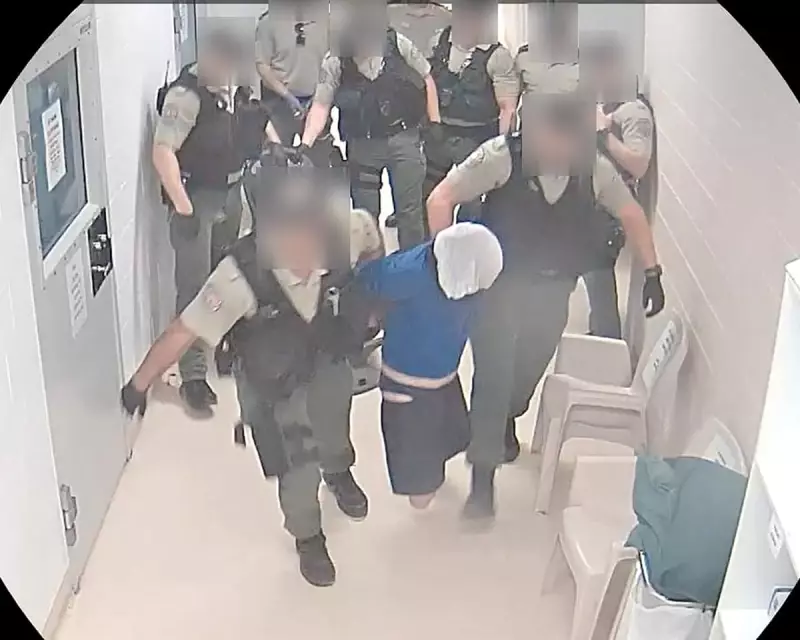
Graphic footage presented at a coronial inquest has exposed the distressing treatment of a disabled Indigenous man in Northern Territory custody, showing multiple guards pinning him to the ground before fitting a controversial spit hood over his head.
The video evidence, which drew gasps from those present in the Darwin courtroom, depicts 36-year-old Mark Callope being restrained by up to four correctional officers at the Darwin Correctional Centre. The incident occurred just hours before Callope was found unresponsive in his cell in February 2024.
Chilling Sequence of Events
The courtroom watched in silence as the footage showed guards holding Callope face-down on a mattress. Despite his limited mobility and clear distress, officers proceeded to place the mesh spit hood over his head – a practice banned in several Australian jurisdictions due to safety concerns.
Callope, who had a cognitive disability and used a wheelchair, can be heard crying out during the restraint. His family members, present for the proceedings, were visibly upset by the footage, with one relative leaving the courtroom in distress.
Systemic Failures Under Scrutiny
The inquest is examining not only the circumstances surrounding Callope's death but also broader systemic issues within Northern Territory correctional facilities. Evidence presented suggests prison staff may have failed to conduct proper welfare checks in the hours leading up to his death.
Coroner Kelvin Currie is overseeing the investigation into whether the use of force and restraint equipment contributed to the tragic outcome. The proceedings have raised urgent questions about the treatment of disabled prisoners and the ongoing use of spit hoods in Australian detention settings.
Pattern of Concerning Practices
This case follows multiple incidents that have drawn criticism to Northern Territory correctional practices. Advocacy groups have long called for reform in how vulnerable prisoners, particularly those with disabilities, are managed within the system.
The footage has ignited fresh debate about the need for independent oversight of correctional facilities and comprehensive training for staff dealing with prisoners with complex needs.
The inquest continues as authorities face increasing pressure to address what advocates describe as a crisis in the treatment of Indigenous and disabled individuals within the justice system.





